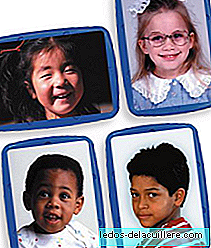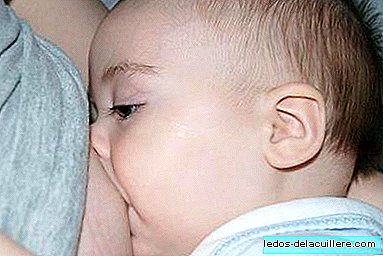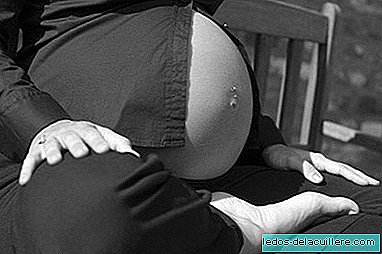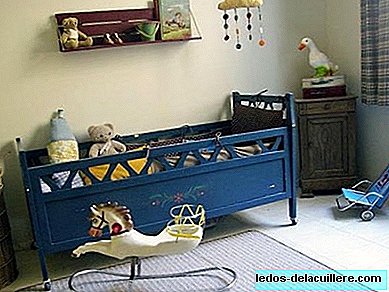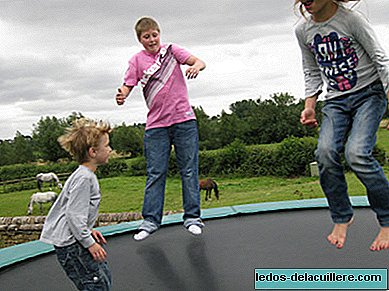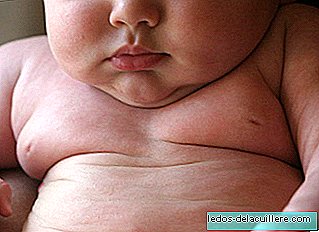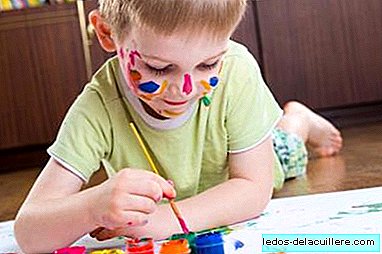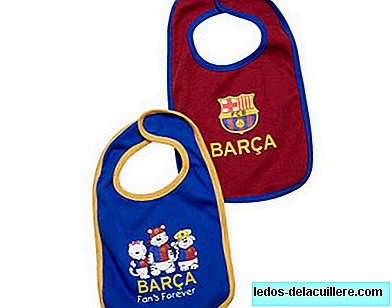"Sincerity", all people respond when asked what are the characteristics they value most when looking for a partner. If we ask about children, how they want them to be older, people also include it: honest, kind, sincere, respectful, ...
And yet, we have been making use of a type of education for decades, both at home and in schools, which seems focused on achieving precisely the opposite: liars, competitive, narcissistic and disrespectful, or frightened, submissive, overly obedient children and unable to make decisions.
This is what Victoria Talwar, a recognized expert in social and cognitive development of children at McGill University in Canada, whose conclusions have been made public these days: the stricter the style of parenting, the more liar the child can become.
The less freedom, the greater the desire to escape
For many years it was thought that for children to be respectful people, they had to be taught to respect adults, confusing respect with fear. An exaggerated discipline, the use of rigid rules, threats and punishments scared children so that they avoided doing anything that could provoke the wrath of their educator. And they called that respect, when it was fear.
Now there are many people who say that this has been lost and that they would have to go back to it, and either they do it as parents, or they enroll their children in schools where they carry out this type of education.
As we read in IFLScience, Talwar and his colleagues developed an experiment that they conducted on children from two schools in West Africa. In one of the schools an education with relatively flexible standards was carried out, while in the other the education was much more rigid and punitive.
The experiment consisted of putting some objects behind the backs of the children and providing some auditory stimuli, leaving them alone, and then entering the researcher and ask what they thought they heard. The grace of the experiment is that the sound did not always match the object behind them, and consequently they could not always guess it unless they turned around.
The children of the school with more flexible rules had a rate of "cheats" more or less similar to that of any Western school with a similar education: many turned, but many did not. But nevertheless, school children with stricter standards proved to be mostly cheats, and not only that, they did it very effectively: a quick turn to see the object before the researcher entered the room again, as well as a defense of your answers (lies) totally convincing.
The researchers concluded that in the strictest educational models, those that more control an individual and more restrict their freedom, the consequence is exemplary behavior with the naked eye, which is nothing but a facade that hides something very dangerous: another very different person that she becomes an expert in quickly calculating the risks and acting at each moment as expected to act. Or what is the same, children become actors, liars, to do at all times what further away from punishments or reprimands.
"But ... many children don't end up being liars or disrespectful."
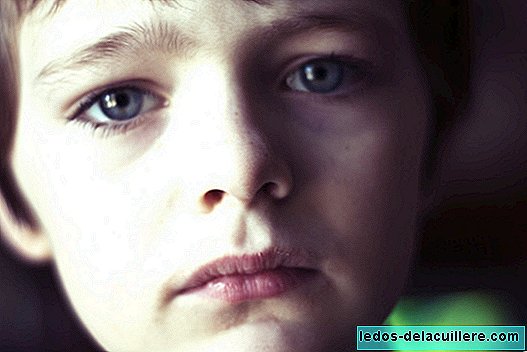
Perhaps you are thinking this right now, that you know many cases of very rigid parents whose children were not so cheated, so liars or disrespectful. Some lie sure they did say, of those with their heads bowed in case the "I have not been" slipped. But many became obedient and submissive, and dared not raise their voices to any adult.
It is what was expected to be achieved in the past, and many times it was achieved ... especially if this educational model was exercised from a very young age. The problem is that this obedience that was considered so good was nothing more than an absolute submission of the child, who stopped being himself to become a puppet of his parents or teachers.
Children with very little personality, very little capacity for decision, who reached adolescence totally vulnerable to those boys who responded to that type of education in the opposite way: with rebellion, returning to the world the injustices that they had lived and trying to heal their loss self-esteem for having been submitted, submitting in turn to those who were left.
Come on, that bullying was happening at the time because of parents and teachers: excessive discipline was achieved create the victims and also the guilty, to the abusers and the abused.
"And many of us live that, and nothing has happened to us"
And then there is the third group of children of that time (or the current one, in very strict families or schools), who seem to be immune to lousy education based on threats and punishments, to adultcentrism, and simply grew up faithful to their convictions already a hard and hardly breakable ethic. This virtue was called resilience and these children had sufficient mental strength and temper to get ahead despite the attempts of abuses of other children, and the attempts of adults, without being intimidated or dropped.
They are those who today can be more or less critical of that era and say that it didn't go so bad.
But no, not everyone who says it didn't go so badly was resilient ... some have not yet discovered that inside, inside, they keep an injured child, because they still don't know that there is another way to educate children. It happens to many ... one day we have a child, we learn, we read, we listen, we reflect; We decided to do it differently and we realize that you can get ahead as a father without hitting, without punishing, without humiliating and without threatening, and the memories of everything you lived, what you thought you should repeat as a father, and instead of arriving as an example to act (I will do with my son what they did to me, how badly I have not gone out), they appear as a slap that hurts you, when you grow up, just as it hurt when you received it as a child ... the child hurt that you had silenced to give coherence to your way of being and feeling, asking you to help him heal his old wounds so that as an adult, you can be a better example for your son.
Another way is possible.
That's why I say it one more time: another way to educate is possible. The coherent one, which says that for a person to be kind, sincere, affectionate, respectful and humble, he needs an education offered by a kind, sincere, affectionate, respectful and humble person. How the hell is a child going to paint a white wall if we only give it black paint?
Photos | Stuart Richards, Lance Neilson on Flickr
In Babies and more | Why some children today end up being problematic teenagers, The seven definitive tips to educate your children (according to Harvard psychologists), How to help our baby's brain development?


